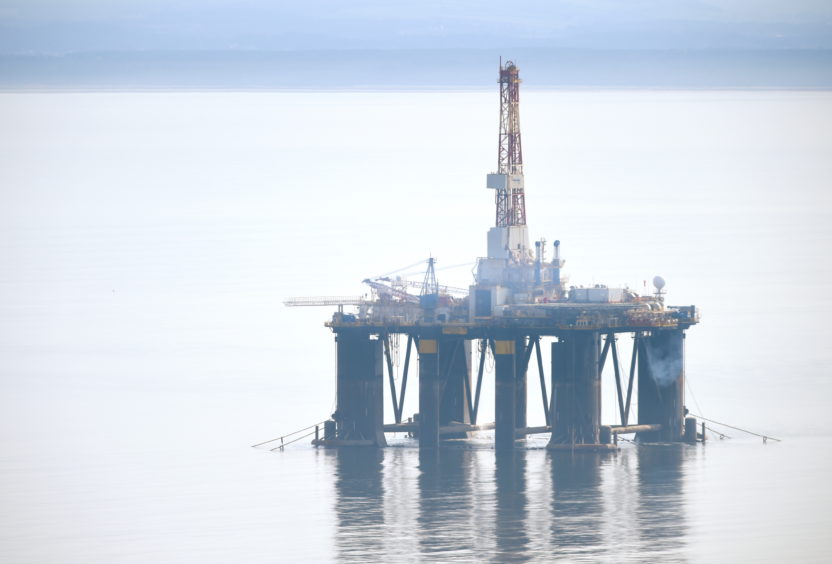
Transocean Ltd. is exploring strategic alternatives to address its $9 billion of debt as the world’s biggest owner of deep-water oil rigs confronts history’s worst crude crash.
The Swiss-based rig contractor said Wednesday that it hired Lazard Freres & Co. LLC for advice and reached a private deal to swap bonds maturing in 2023 for new notes due 2027, according to a statement. Transocean will have more than $2 billion of debt maturing over the next three years after the exchange.
The company’s existing 8% 2027 bonds plunged 6 cents on the dollar to 43.5 cents Thursday morning, leading declines in the U.S. high-yield market. Its shares fell as much as 8% to $2.28.
Offshore rig contractors have been among the most beaten-down sectors of the energy industry since oil prices first fell from more than $100 a barrel in 2014. The group failed to cope with a glut of floating drilling capacity that was a decade in the making, as exploration companies shifted focus to cheaper inland shale. This year’s plunge in crude prices made any near-term recovery in offshore drilling even less probable.
Smaller rivals Noble Corp. and Diamond Offshore Drilling Inc. have filed for bankruptcy, while Valaris Plc disclosed that it may follow suit.
Transocean also made some internal reorganization moves, including the transfer of its Endurance and Equinox rigs into a newly created indirect subsidiary, according to the statement.
The rig contractor will swap about $356 million of its 0.5% notes due 2023 for about $213 million of new 2.5% guaranteed bonds due 2027, it said.
James West, an analyst at Evercore ISI, said late Wednesday in a note to investors he’s maintaining his “in-line” rating on Transocean after earlier suspending his price target, rating and estimates.
“After a conversation with management we understand the financial advisers were retained for liability management, not a corporate restructuring,” West wrote.